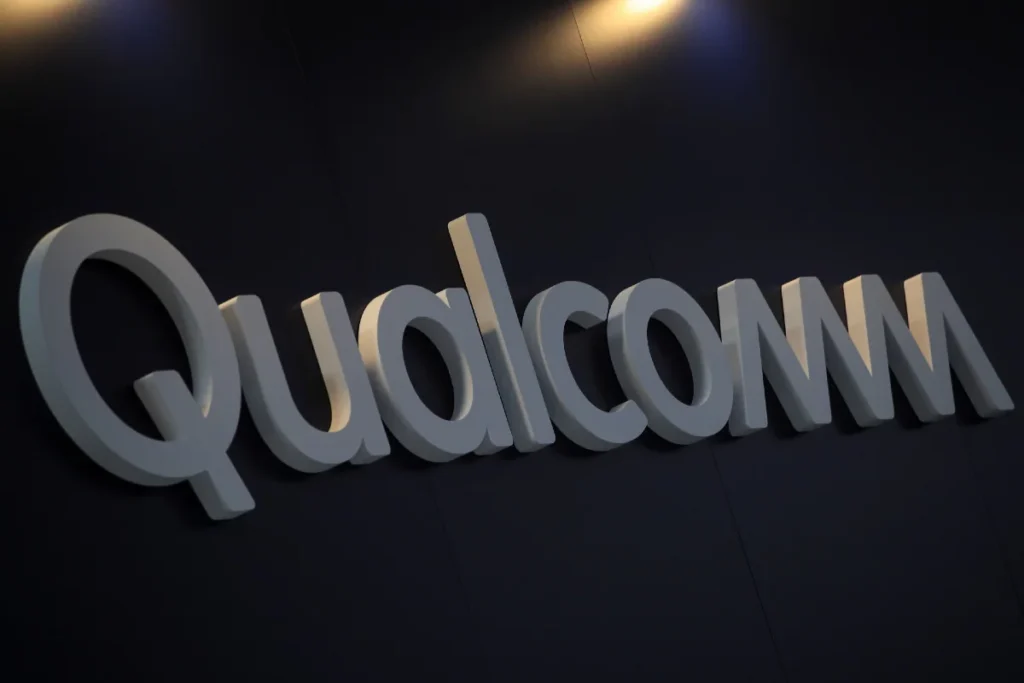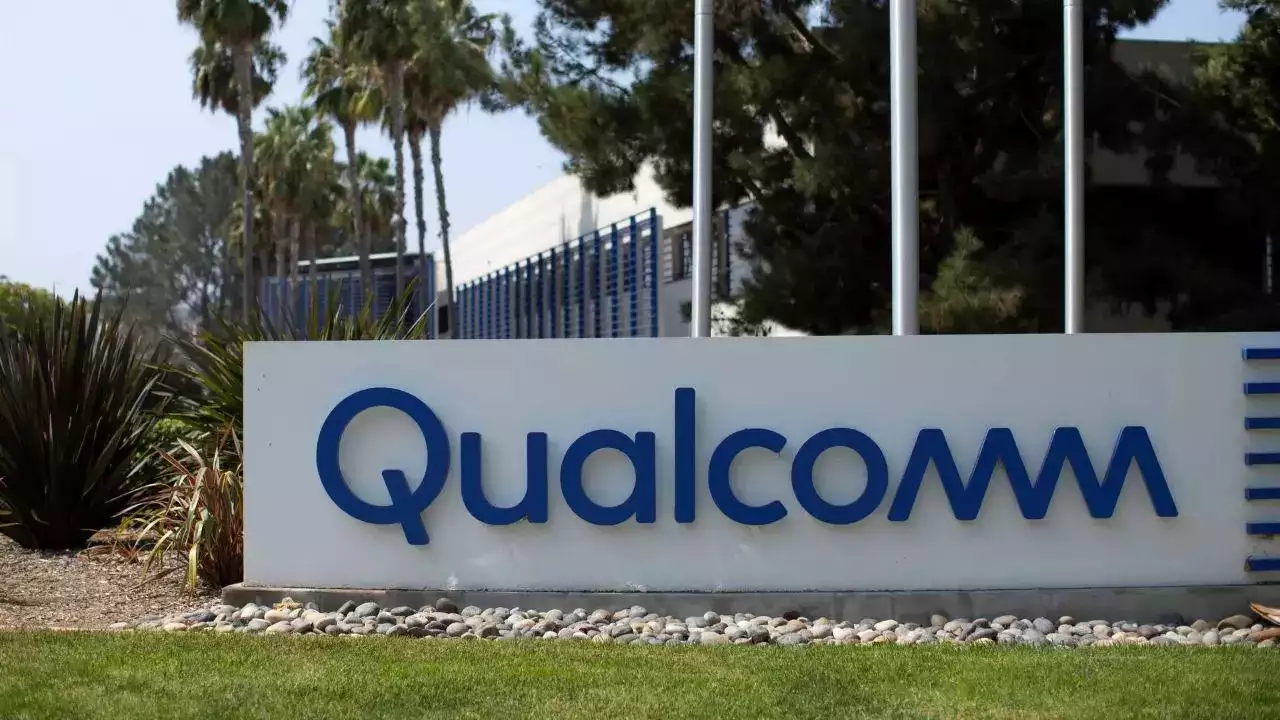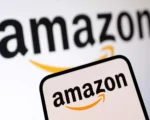Qualcomm Ordered to Pay Reduced Fine of EUR 238.7 Million by EU’s Second-Highest Court
Europe’s second-highest court has upheld an antitrust fine against Qualcomm, reducing it slightly to €238.7 million ($265.5 million) from the original €242 million imposed by the European Commission in 2019. The fine was initially levied after the Commission determined that Qualcomm had engaged in predatory pricing practices aimed at eliminating competition.
The case revolves around Qualcomm’s actions between 2009 and 2011 when it allegedly sold its 3G baseband chipsets below cost to hinder competition, specifically targeting the British firm Icera, which was later acquired by Nvidia. The European Commission concluded that Qualcomm’s pricing strategy was designed to push Icera out of the market.
Qualcomm challenged the ruling, arguing that the chipsets in question represented a very small share of the overall market for Universal Mobile Telecommunications System (UMTS) technologies — just 0.7% — and therefore, it was not possible for its actions to have excluded rivals from the market. The company maintained that its pricing practices did not harm competition to the extent claimed by regulators.

Despite Qualcomm’s arguments, the EU’s General Court largely sided with the European Commission, confirming that Qualcomm’s actions were harmful to competition. However, the court agreed to a minor reduction in the overall fine based on further evaluation of the financial impact.
This ruling is part of the European Union’s broader efforts to regulate anticompetitive behavior by large tech companies, which includes other high-profile cases involving companies like Google, Apple, and Amazon. Qualcomm, a global leader in smartphone chipset technology, has faced multiple investigations and regulatory scrutiny across various regions, including the United States and China.
While the reduction in the fine provides some relief for Qualcomm, the company is still facing regulatory pressure globally, with antitrust concerns continuing to shape its business strategy and competition in the technology sector.


















